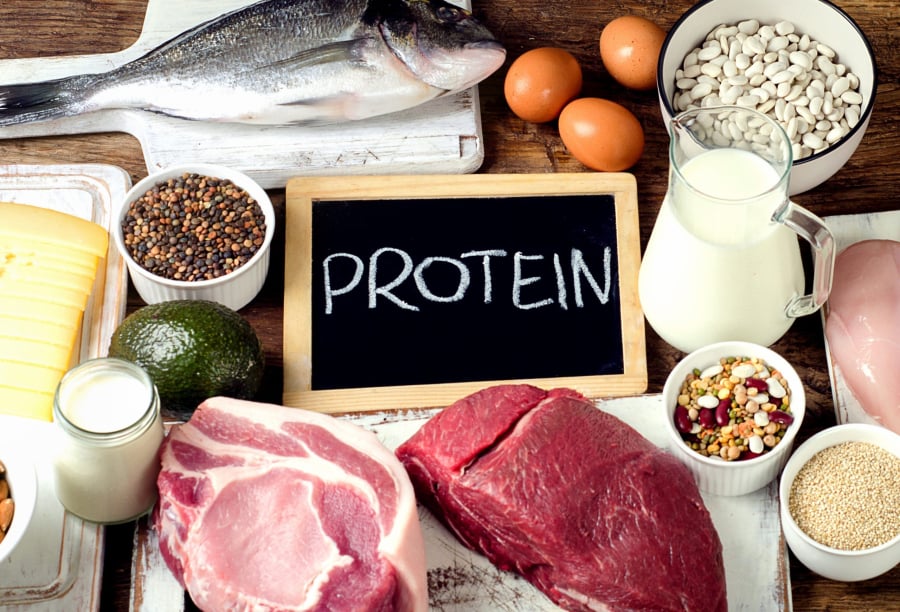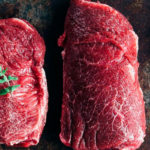In addition to unhealthy habits such as holding your pee or not drinking enough water, an unhealthy diet is also a leading cause of kidney disease. When it comes to eating habits that harm the kidneys, excessive alcohol consumption often comes to mind.
According to the UK Kidney Organization, frequent and heavy drinking can double the risk of kidney disease. This is because the kidneys’ main function is to filter blood, and alcohol reduces their ability to do so. Moreover, drinking alcohol leads to high blood pressure, another common cause of kidney problems.
However, alcohol is not the only dietary factor that can harm your kidneys. The following are four types of food that, when consumed in large quantities, can cause serious damage to your kidneys, equivalent to the harm caused by excessive alcohol consumption:
Salt-Rich Dishes
The kidney plays a crucial role in maintaining the body’s water and mineral balance. Consuming food with high salt content over an extended period will increase the sodium level in the blood, forcing the kidneys to work harder to eliminate this mineral from the serum. This leads to a higher risk of high blood pressure, creating pressure on the blood vessels in the kidneys, negatively impacting their filtering function, and promoting the progression of chronic kidney disease.
Excessive sodium intake also increases the risk of cardiovascular disease and stroke. Therefore, limiting the consumption of salty food is essential for protecting the kidneys and improving overall health. The World Health Organization (WHO) recommends that adults should limit their sodium intake to no more than 2g per day, equivalent to about 5g of salt.

Salt-Rich Dishes
Carbonated Soft Drinks
Consuming food with high sugar content, especially carbonated soft drinks, can severely damage the kidneys if consumed in excess.
According to the American Heart Association, soft drinks contain extremely high sugar levels. A 350ml can of soda can contain up to 7 teaspoons of sugar, while the maximum amount of sugar an adult should consume per day is 5 teaspoons. For children, this number is even lower, at about 3 teaspoons.
Research from Osaka University School of Medicine (Japan) also shows that drinking 2 cans of soft drinks daily can increase the risk of kidney failure. This is because when soft drinks are absorbed into the body, they increase salt and protein levels in the blood and urine, leading to kidney failure. Moreover, a high-sugar diet easily leads to diabetes, a significant risk factor for kidney problems.

Carbonated Soft Drinks
Animal Protein
While consuming animal protein is necessary for the body, it should be maintained at a reasonable level. Excessive animal protein consumption over a long period can have adverse effects on health, particularly increasing pressure on the metabolic system and kidneys.
When protein breaks down in the body, nitrogen waste is produced and must be excreted through urine. If the diet contains too much protein, the amount of nitrogen excreted will increase, overloading the kidneys. This situation not only affects kidney health but can also lead to kidney damage, reduced kidney function, and the development of other dangerous diseases.

Consume Animal Protein in Moderation
Caffeine-Rich Food
Caffeine is a common central nervous system stimulant found in coffee, tea, carbonated soft drinks, some medications, and snacks. However, consuming too much caffeine-rich food can harm your kidneys.
Firstly, caffeine-rich food can lead to high blood pressure, damaging the small blood vessels inside the kidney and impairing its blood-filtering function. Additionally, caffeine stimulates the stomach to produce more acid, affecting the body’s acid-base balance, in which the kidneys play a crucial role. Moreover, caffeine increases the concentration of minerals such as calcium, magnesium, and sodium in urine, raising the risk of kidney stone formation and promoting the progression of chronic kidney disease.
For healthy individuals, the US Food and Drug Administration (FDA) advises against consuming more than 400mg of caffeine per day, equivalent to about 750ml to 1000ml of coffee.
The Secrets Behind Beef: Unveiling the Unknown
Beef is a nutritious food, packed with proteins and minerals essential for a healthy body. However, it’s important to remember that overconsumption or cooking it at high temperatures can have negative effects on your health. To reap the benefits, opt for unprocessed beef and cook it just enough to retain its nutritional value. This simple switch can improve your health and promote a healthier lifestyle.


































